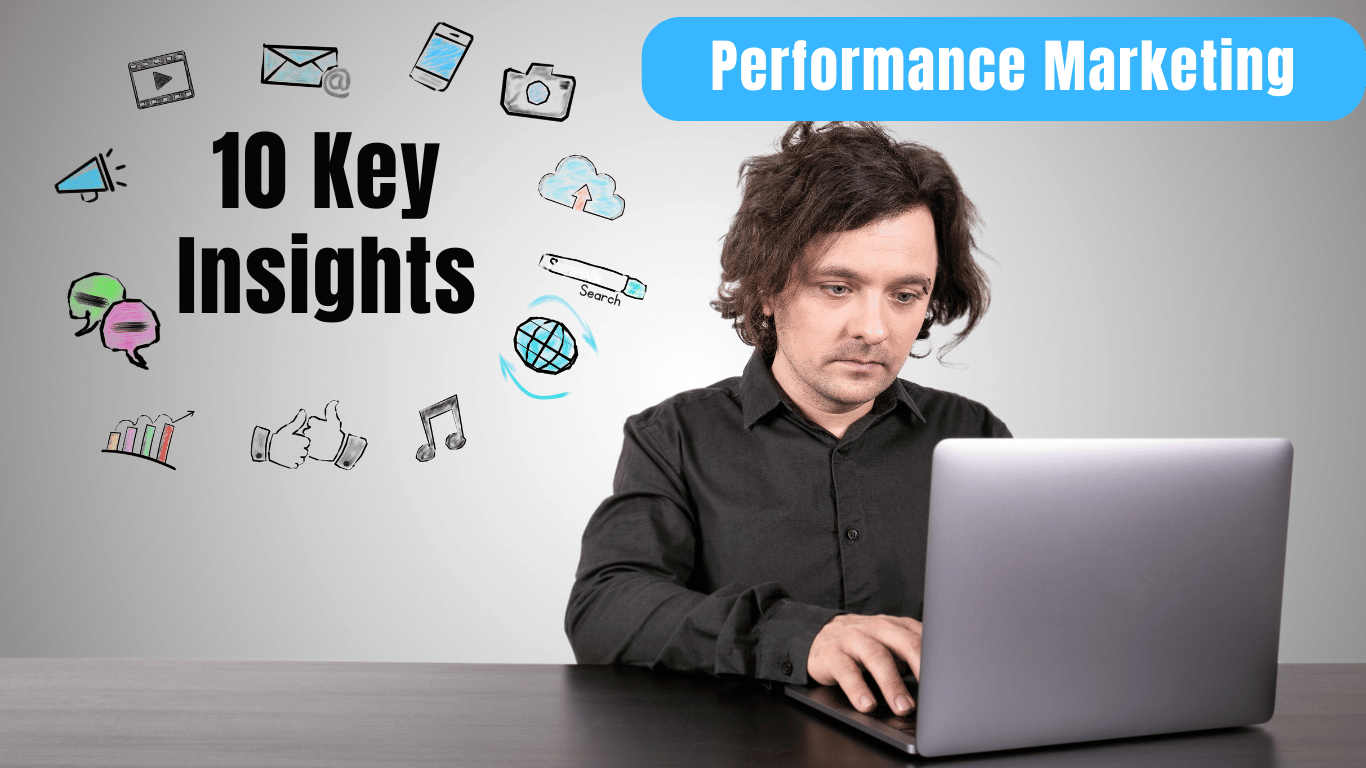In today’s competitive digital landscape, understanding the nuances of performance digital marketing is essential for businesses aiming to thrive online. Performance digital marketing focuses on achieving specific measurable outcomes, such as increased website traffic, leads, or sales, through various online channels. Here are the top 10 things you need to know about performance digital marketing:
- Data-Driven Approach: Performance digital marketing relies heavily on data analysis to drive decisions. Marketers use tools like Google Analytics, Facebook Insights, and other analytics platforms to track and measure key performance indicators (KPIs) such as conversion rates, click-through rates (CTR), and return on investment (ROI).
- Conversion Rate Optimization (CRO): CRO is the process of improving the percentage of website visitors who take a desired action, such as making a purchase or filling out a form. Performance marketers continuously test and optimize various elements of a website, including layout, copy, and calls to action, to maximize conversions.
- Search Engine Optimization (SEO): SEO plays a crucial role in the performance of digital marketing by improving a website’s visibility in search engine results pages (SERPs). Marketers optimize website content, meta tags, and backlinks to increase organic traffic and enhance the site’s overall performance.
- Pay-Per-Click (PPC) Advertising: PPC advertising allows marketers to bid on keywords relevant to their target audience and pay only when users click on their ads. Platforms like Google Ads and Bing Ads offer robust targeting options, budget controls, and performance-tracking tools to help advertisers maximize their ROI.
- Content Marketing: Content marketing involves creating and distributing valuable, relevant content to attract and engage a target audience. Performance marketers leverage content across various channels, including blogs, social media, and email, to drive traffic, generate leads, and build brand authority.
- Social Media Marketing: Social media platforms like Facebook, Instagram, Twitter, and LinkedIn offer powerful targeting capabilities for performance marketers. By analyzing audience demographics and behavior, marketers can deliver highly targeted ads to specific segments, driving engagement and conversions.
- Email Marketing: Email remains one of the most effective channels for driving conversions in performance marketing. Marketers use email automation, personalization, and segmentation to deliver tailored messages to subscribers, nurturing leads and encouraging repeat purchases.
- Marketing Automation: Marketing automation platforms streamline repetitive tasks and workflows, allowing marketers to focus on high-impact activities. By automating email campaigns, lead nurturing, and customer follow-ups, performance marketers can scale their efforts and drive efficiency.
- Mobile Optimization: With the increasing prevalence of mobile devices, optimizing marketing efforts for mobile users is crucial. Performance marketers ensure that websites, ads, and emails are mobile-friendly and provide a seamless user experience across devices.
- Continuous Testing and Optimization: Performance digital marketing is an iterative process that requires continuous testing and optimization to achieve optimal results. Marketers experiment with different strategies, channels, and messaging to identify what works best for their target audience and refine their approach accordingly.
In conclusion, performance digital marketing is a dynamic and data-driven discipline that requires a deep understanding of various online channels and a commitment to continuous improvement. By leveraging the right tools and strategies, businesses can drive measurable results and stay ahead in today’s competitive digital landscape.

